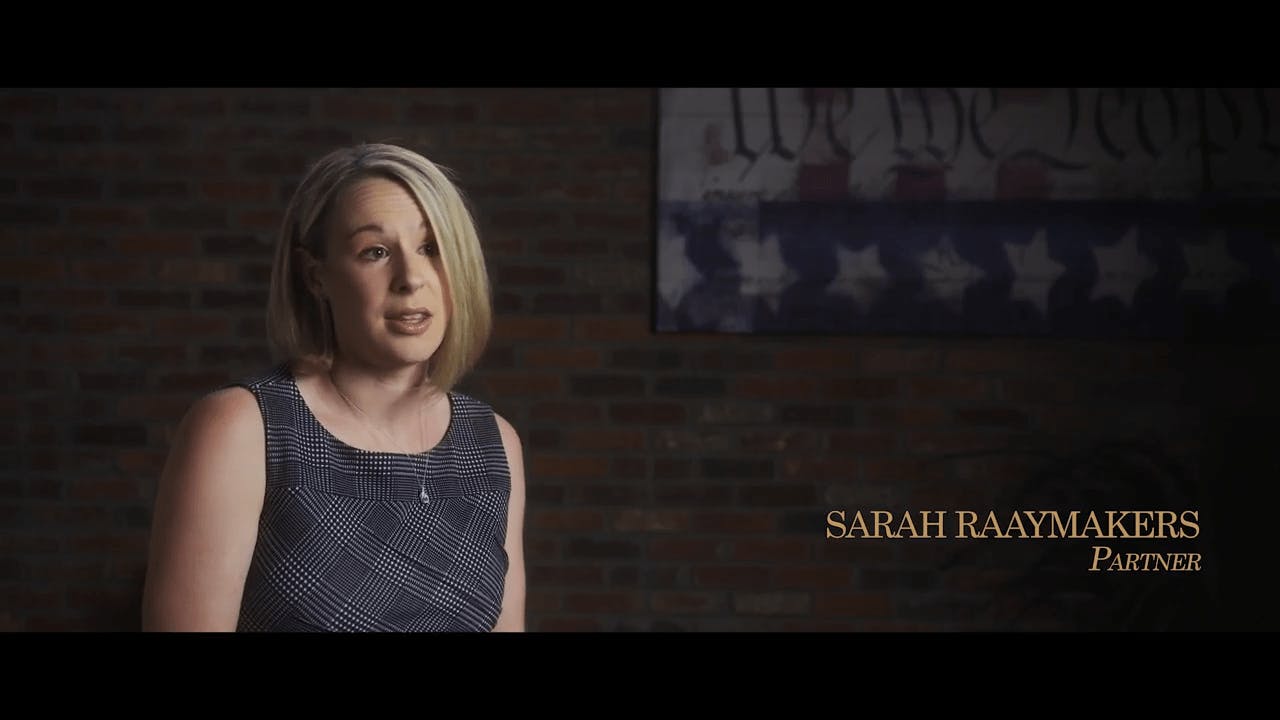Tampa Workers’ Compensation Lawyers Securing Benefits For the Injured
What Are the Most Common Types of Workplace Injuries?
Workers in Florida can suffer a wide range of injuries in the workplace. Many workers’ compensation claims involve:
- Occupational disease
- Traumatic brain injuries
- Broken/fractured bones
- Repetitive stress injuries, such as carpal tunnel syndrome
- Back, neck, and shoulder strains
- Eye injuries
- Exposure to toxic substances
- Burns
Our workers' comp lawyers in Tampa have helped farm workers, construction workers, truck drivers, roofers, restaurant workers, office staff, health care professionals and others get the benefits they deserve. If you’ve suffered an on-the-job injury, don’t hesitate to seek legal representation from our team of attorneys. We have extensive experience trying cases in front of the judges of compensation claims, appealing adverse judicial decisions, and ultimately settling workers’ compensation claims.











